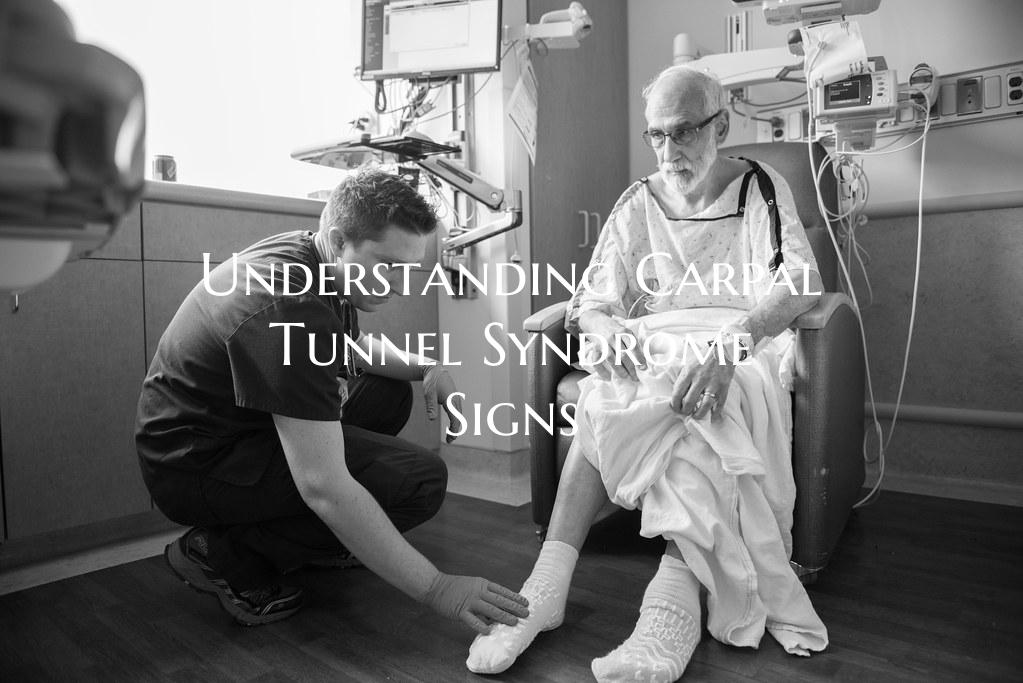
Understanding Carpal Tunnel Syndrome Signs
Carpal Tunnel Syndrome (CTS) is a common condition that affects the hand and wrist, causing pain, numbness, and tingling. Understanding the signs of carpal tunnel syndrome can help individuals recognize symptoms early and seek appropriate treatment. Here are some key signs of carpal tunnel syndrome to look out for:
1. Hand Numbness and Tingling: One of the hallmark signs of carpal tunnel syndrome is numbness and tingling in the thumb, index, and middle fingers. This sensation may come and go, especially during activities that involve gripping or repetitive hand movements.
2. Pain and Discomfort: Individuals with carpal tunnel syndrome often experience pain in the hand, wrist, or forearm. The pain may be a dull ache or a sharp, shooting sensation that worsens at night or upon waking in the morning.
3. Weakness in the Hand or Fingers: As carpal tunnel syndrome progresses, some individuals may notice weakness in their hand or fingers. This can make it difficult to grip objects or perform fine motor tasks requiring hand strength.
4. Hand Swelling: Swelling in the hand or fingers can also be a sign of carpal tunnel syndrome, especially if it occurs frequently or is accompanied by other symptoms like pain and numbness.
5. Burning Sensation: Some individuals with carpal tunnel syndrome may experience a burning sensation in the affected hand or fingers. This can be particularly noticeable during periods of activity or at night.
6. Difficulty Performing Tasks: Carpal tunnel syndrome can impact daily activities that involve the use of the hand and wrist, such as typing, writing, or gripping objects. Individuals may find it challenging to perform these tasks due to pain, numbness, or weakness.
7. Worsening Symptoms at Night: Many people with carpal tunnel syndrome report an increase in symptoms, such as pain and numbness, during the night. This can lead to disrupted sleep and discomfort that affects daily functioning.
It's important to note that not everyone will experience all of these signs, and symptoms can vary in severity from person to person. If you suspect you may have carpal tunnel syndrome based on these signs, it is recommended to consult a healthcare provider for a proper diagnosis and treatment plan. Early intervention can help alleviate symptoms and prevent further progression of the condition.